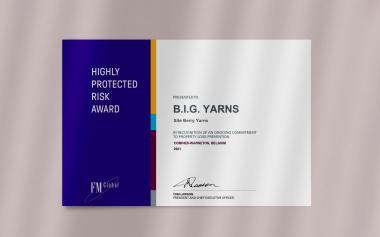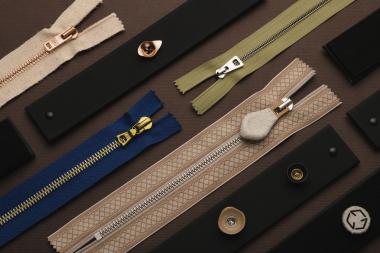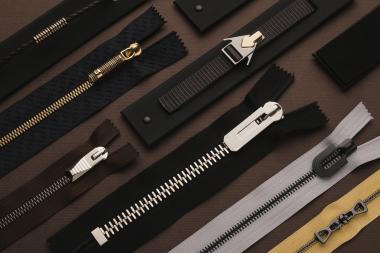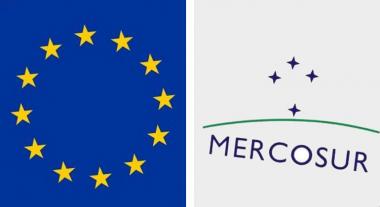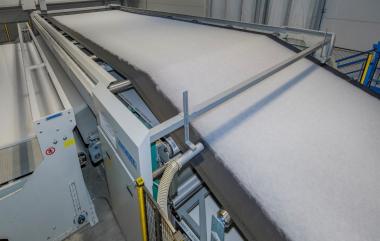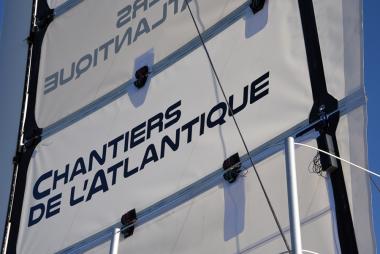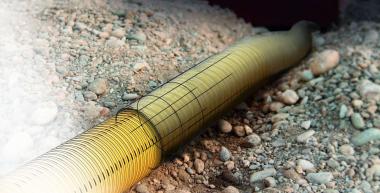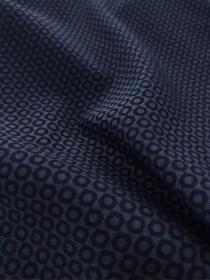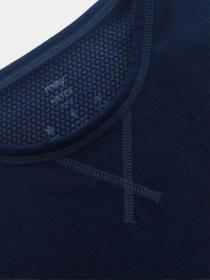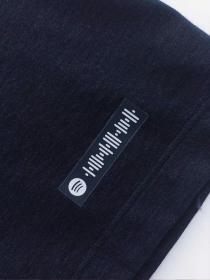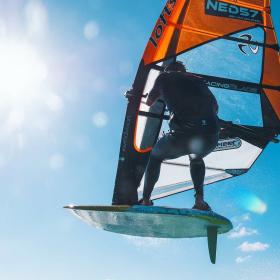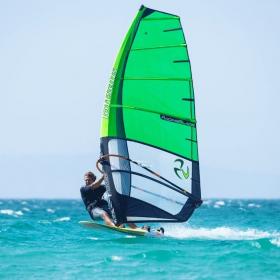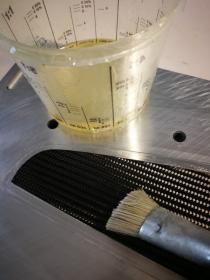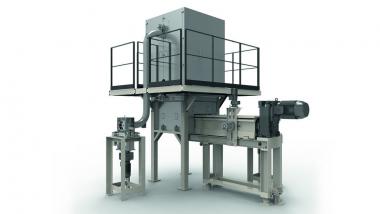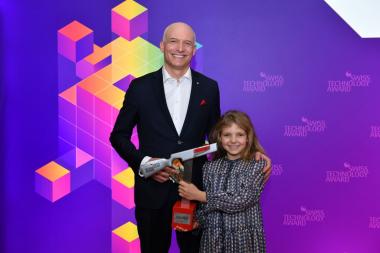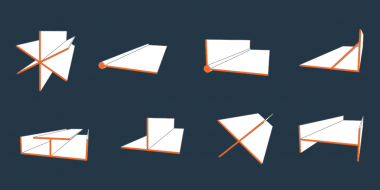B.I.G. YARNS awarded HPR status for second European plant
- FM Global ‘Highly Protected Risk’ Achievement Award for Komen site, Belgium
- Completes HPR Award status for B.I.G. YARNS’ European production facilities
- Fifth plant in Beaulieu International Group to attain HPR Award
B.I.G. YARNS is proud to announce the attainment of a FM Global ‘Highly Protected Risk’ Achievement Award (HPR Award) for its yarn production facility in Komen, Belgium.
The HPR Award is assigned by insurer FM Global, Beaulieu International Group’s insurance partner of the past five years in its on-going dedication to property loss prevention. A worldwide team of engineers focuses on providing assistance and protection of B.I.G.’s assets, helping the Group to achieve a higher level of risk protection. The FM Global assessment considers implementation of measures to protect against fire, natural hazard, mechanical breakdown of machinery and also cyber risks. The local team worked diligently over the last five years to implement all the FM Global recommendations.
Emmanuel Colchen, General Manager B.I.G. YARNS, comments: “Achieving the prestigious HPR Award recognizes the commitment of the teams at B.I.G. YARNS and the wider Beaulieu International Group to proactive risk management and contingency planning to ensure the safety and protection of our workplaces. Safeguarding property is a key element in enabling us to provide business continuity for our customers in demanding sectors like automotive, commercial contract and residential flooring.”
B.I.G. YARNS’ Komen production facility is the fifth plant at B.I.G. to receive HPR status - the highest level a plant can achieve for fire risk prevention and protection.
The Yarns division of Beaulieu International Group achieved HPR status for its other European site in Comines, France, in 2017.
EMG


